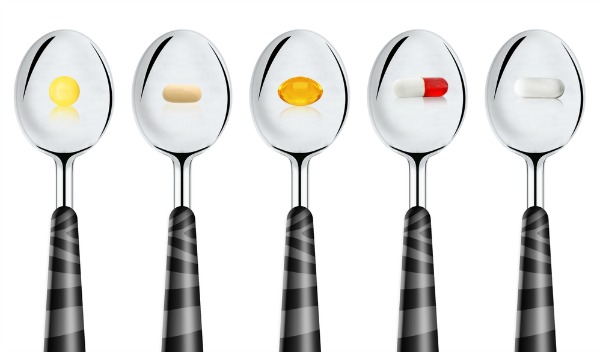Does a creamy cup of yogurt make you happy? Do you ever wonder why Jamie Lee Curtis is always smiling in those Activia commercials? It may have something to do with a new UCLA study that claims good bacteria is not only good for the gut, it may also be good for the brain.
The study, conducted by scientists with the Gail and Gerald Oppenheimer Family Center for Neurobiology of Stress, part of the UCLA Division of Digestive Diseases, and the Ahmanson–Lovelace Brain Mapping Center at UCLA, appears in the peer-reviewed journal Gastroenterology. For the purpose of the investigation, a small group of women were given the same yogurt containing several types of good bacteria, also known as probiotics, and instructed to eat it twice a day for four weeks.
Before and after the study, magnetic resonance imaging (MRI) scans were performed on the women. Their brains were examined at rest, and while performing an emotion-recognition task, which asked the women to look at angry and frightened faces. The result was a change in brain activity, as well as other internal “body sensations.” The women who ate the yogurt had less anxiety when looking at the images.
Dr. Kirsten Tillisch, lead author of the UCLA study is encouraged by the early findings. “Time and time again, we hear from patients that they never felt depressed or anxious until they started experiencing problems with their gut,” Tillisch said. “Our study shows that the gut–brain connection is a two-way street.”
Brooke Randolph, LMHC, our resident mental health expert, says she’s not entirely surprised by the study. “We know that food impacts our brain functioning and the typical Western diet has played a role in the epidemics of diabetes, heart disease, and anxiety,” she explained. “There are case examples of the Specific Carb Diet controlling symptoms of autism. Finding the right foods for your individual body and maintaining gut health are essential in helping your brain and body function at their best.”
It’s widely known that stress and anxiety can cause the brain to send signals to the stomach creating gastrointestinal symptoms. Now the idea that signals can also be sent from the intestines to the brain opens a whole new conversation about what we feed our body and the prospect that we could also be feeding our brain.
Is there really such a thing as, “happy food?” Rachel Berman, Director of Nutrition at Calorie Count says, well, sort’ve. “Foods definitely impact our mood on many levels. Nutrients help ensure all the processes and signals are working well in our bodies,” she explained. “For example, choosing foods like high fiber carbohydrates help keep our blood glucose stable so we’re less likely to feel irritated or cranky as we may with fluctuations.”
Until researchers conduct more tests and are able to pinpoint the chemical produced by the bacteria that sends signals to the brain, don’t rely on yogurt or even probiotic supplements for a mood boost, instead, continue to eat a healthy balanced diet. If that includes yogurt with live active cultures, it sounds like you certainly can’t go wrong.
Also Read
Everything You Need To Know About Probiotics
Yoplait Greek Yogurt: Not The Healthiest Choice

